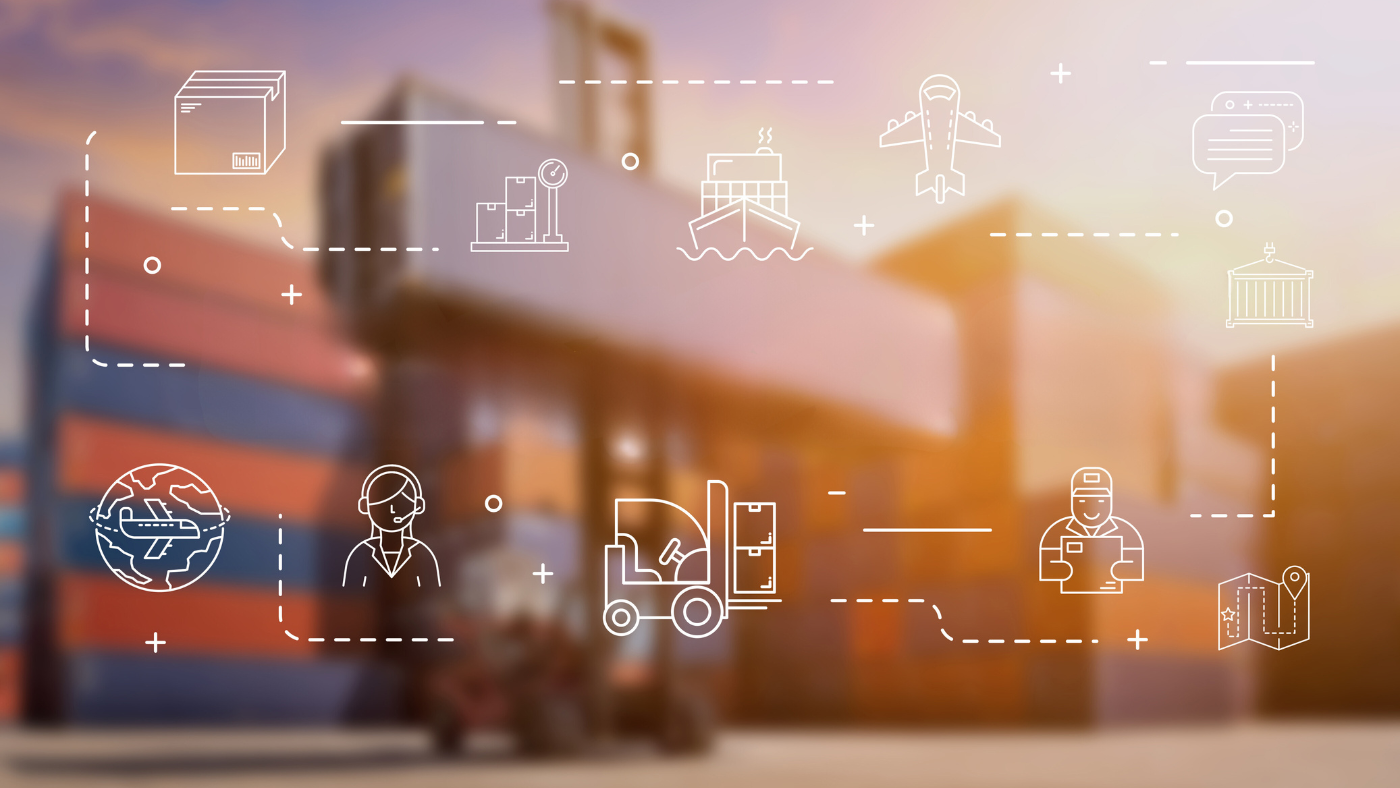Amazon Launches Self-Initiated Packaging and Shipping (SIPP) Program
The Self-Initiated Packaging and Shipping (SIPP) program offers Fulfillment by Amazon (FBA) sellers the opportunity to test and certify their products, enabling them to deliver goods to buyers in their own custom-branded packaging without the need for additional Amazon packaging. This initiative aims to significantly reduce shipping packaging materials, enhance the buyer experience, lower distribution-related costs, and potentially decrease the carbon footprint of outbound parcels. Starting February 5, Amazon will open registration for this program to all FBA sellers operating in the following sites: the United States, Canada, France, Germany, Italy, Spain, and the United Kingdom.
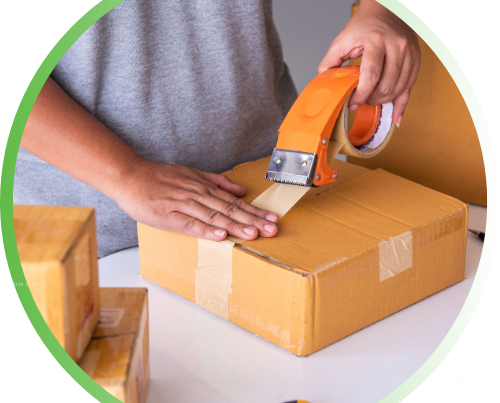

TikTok Shop to Add Eight New Sites in 2024, Including Australia and South Korea
TikTok will continue its global e-commerce market expansion in 2024. Following its launch in several markets, TikTok Shop is set to open in new sites, including Australia, France, Italy, Germany, Spain, Canada, Japan, and South Korea, further expanding its e-commerce footprint. Previously, TikTok Shop had entered markets in Southeast Asia such as Indonesia, Vietnam, Malaysia, Thailand, the Philippines, and Singapore, as well as the United Kingdom and the United States, maintaining a steady pace in its global expansion efforts.
Temu Invests Millions in Super Bowl Ad to Attract Users Again
Following its debut last year, Temu has once again invested a significant amount in advertising during the 58th NFL Super Bowl. In the week leading up to the game, Temu launched a pre-game promotion offering discounts as deep as 90% off, along with a gaming prize pool worth up to five million dollars to attract users.
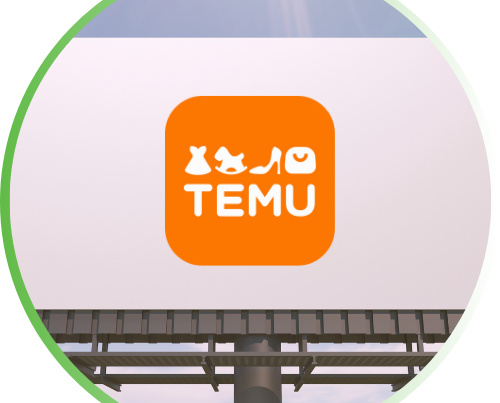
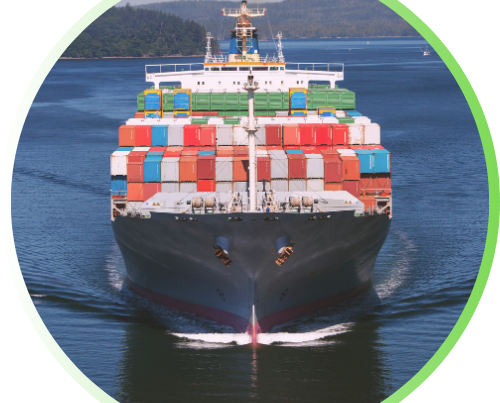
The World’s First Large Methanol-Powered Container Ship Sets Sail from Shenzhen Port
The world’s first large methanol-powered container ship, the “Anna Maersk,” embarked on its maiden voyage from the Yantian District of Shenzhen Port. This marks the first operation of a methanol-powered container ship on a major global shipping route, signifying another significant milestone for Shenzhen Port in supporting the country’s goal of achieving dual carbon targets.
Oakland Terminal Implements Overnight Shift to Alleviate Vessel Backlog
Oakland International Container Terminal (OICT) has introduced a temporary third shift to address a backlog of nine vessels. This action, intended to reduce congestion significantly, marks the reintroduction of the “hoot owl” shift, unused for several years, and aims to clear the backlog within two weeks, enhancing the port’s efficiency and customer experience.
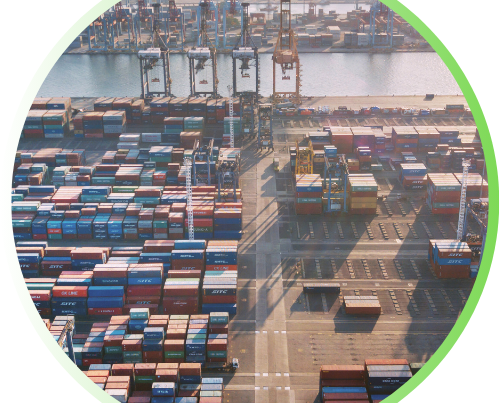
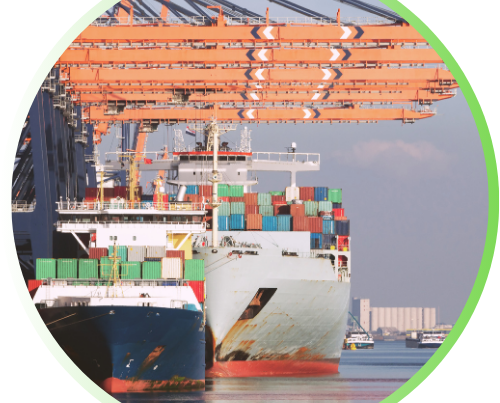
Rotterdam Port Sees Throughput Decline but Advances in Sustainability
The Port of Rotterdam witnessed a 6.1% drop in cargo throughput in 2023 amid global economic challenges. Despite this, the port focused on sustainability, investing in projects like Porthos for CO2 storage and a national hydrogen network. These efforts align with its commitment to environmental stewardship while navigating the impacts of decreased cargo volumes and geopolitical tensions.
New Rail Service Connects Tacoma with Inland Hub to Boost Exports
A new short-haul rail service has been launched to facilitate containerized exports through the Northwest Seaport Alliance, offering a cost-effective alternative to trucking. This service, expected to save exporters approximately $200 per container, underscores the strategic efforts to enhance the export process and reinforce the logistical network from eastern Washington to Tacoma.
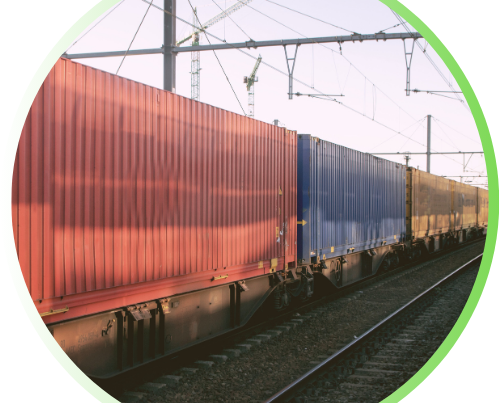
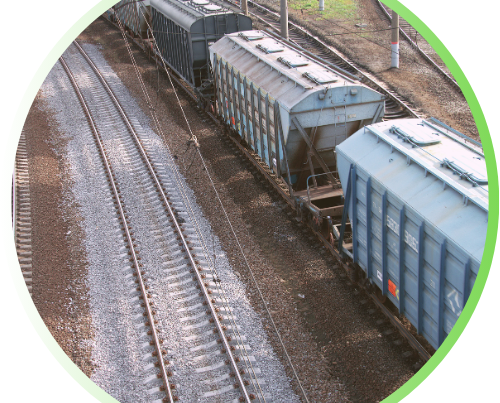
New Intermodal Service Enhances US-Mexico Cargo Movement
Run Rail has introduced a new intermodal service option for shippers, facilitating cargo transport between Mexico and the U.S. By partnering with major railroads, this service aims to offer competitive pricing and improved route designs, reflecting the dynamic needs of cross-border trade and contributing to the growing intermodal transport sector.
